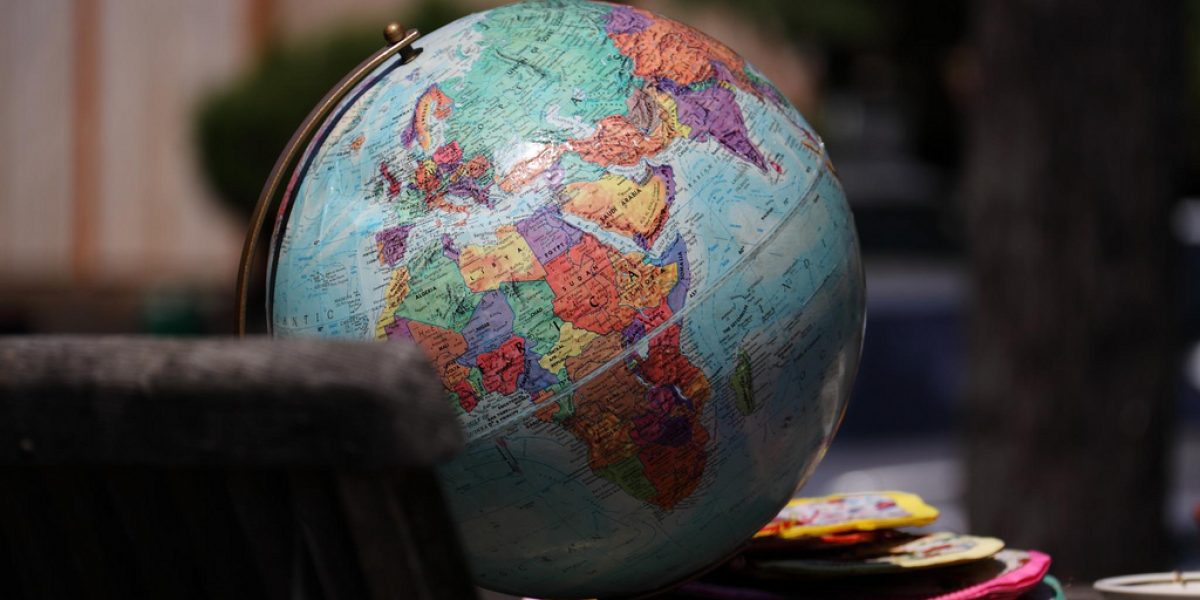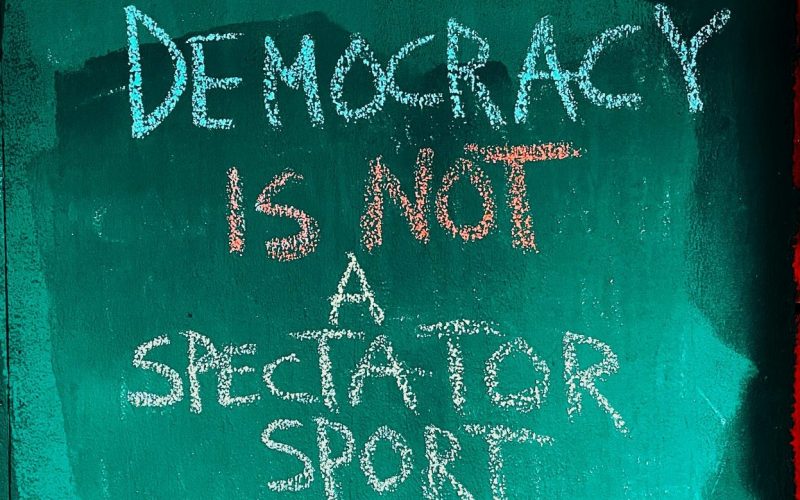Firstly, they were faced with what they thought was a short- to medium-term challenge of consolidating their political power and achieving domestic stability and peace.
Secondly, they saw a medium- to long-term challenge to transform their countries’ economies from what these had become under colonialism – producers of raw materials through the exploitation by the colonialists of cheap, unskilled (and de-skilled) labour of the indigenous populations.
The new political elites aspired to develop integrated industrial economies that resembled the economies of the departing metropolitan powers. They aspired to develop economies that could produce both raw materials and that manufactured products using an indigenous labour force that was healthier, better educated and better clothed.
The outcome of this mega-project is today a matter of general knowledge.
While Asian countries went through many bloody conflicts in early years, by 1965 most of these conflicts – with the exception of Indochina whose conflicts continued well into the 1970s – had been resolved and East, South East and South Asia started on the second challenge of developing and diversifying their economies.
Africa’s story is far more mixed. Many conflicts are continuing and new ones have erupted. With a few exceptions, Africa’s political elites have driven their economies backwards.
In its seminal study, Can African Claim the 21st Century?, the World Bank noted that expectations had been that Asia would remain mired in poverty while Africa would steam ahead. The opposite, however, happened.
Comparing Ghana and south Korea, two countries that were at a similar level of development in the 1960s the World Bank had this to say: ‘In 1965, for example, incomes and export per capita were higher in Ghana than in Korea.’
But projection proved to be far off the mark. Korea’s exports per capita overtook Ghana’s in 1972, and its income level surpassed Ghana’s four years later. Between 1965 and 1995 Korea’s exports increased by 400 times in current dollars. Meanwhile, Ghana’s increased only by four times, and real earnings per capita fell to a fraction of their earlier value.”
What has gone wrong in Africa?
What has gone wrong has been the massive mismanagement by the ruling political elite of the economic surplus generated in Africa over the years. Elite exploited their strong position in relation to the private sector heirs of the colonial state to do the following:
· They bolstered the standard of living of the political elites and make it comparable to that of middle classes in the West;
· Undertook half-hearted, loss-making, industrialisation projects that weren’t supported by educational development; and
· Transferred vast amounts of economic surpluses through capital flight generated in agriculture and in extractive industries such as oil, diamonds, metals and timber to developed countries.
Can the New Partnership for Africa’s Development (Nepad) change this lethal equation that afflicts Sub-Saharan Africa?
While Nepad may be addressing some of the worse excesses of the political elites through the African Peer Review Mechanism, it does not address the fundamental malaise, that is, the enormous power imbalance between the political elite and key private sector producers.
If the culprit behind sub-Saharan Africa’s underdevelopment is the structural powerlessness of producers, and therefore their inability to retain and control their savings, it should be self-evident that until this equation is reversed there will be no development in the sub-region.
But how is this to be reversed and by whom?
For sub-Saharan Africa to develop, it needs a new type of democracy, a kind that will empower not just the political elite but private sector producers as well.
In the first instance, it is necessary that peasants, who constitute the majority of the private sector in Africa, must become the real owners of their primary asset, land. This is the only way that there can be land improvements in sub-Saharan Africa instead of what is happening at present, that is, rampant deforestation and accelerating desertification.
This means freehold must be introduced and the so-called communal land tenure system that in reality is state land ownership, must be abolished.
Secondly, peasant producers must gain direct access to world markets without the political elite, through state corporations, acting as the go-between. This means that internationally traded cash crops – coffee, tea, cotton, sugar, cocoa, rubber, etc – must be auctioned by the producers themselves rather than being sold first to state-controlled marketing boards. This is already the case with tobacco in Zimbabwe.
Another important innovation that is needed is new financial institutions that are independent of the political elite, that will address the financial needs of not just peasants but also other small to medium-scale producers.
These could be co-operatives, credit unions, savings banks etc.
Besides providing financial services, these institutions would undertake other technical services that are not being provided at present by the political elite such as crop research, extension services, livestock improvement, storage, transportation, distribution, etc that would contribute to make agriculture in sub-Saharan Africa more productive.
This is where foreign donors come in. Donors could support these independent institutions by providing the expertise to manage them and to help shield them from predators. These changes would for the first time bring into being in Africa a capitalist market economy that answers to the needs of African producers.
Up to now capitalism in Africa promoted the interests of the colonialists, and since independence it promoted the interests of political elites. Nepad should instead re-design Africa’s political economy so that it promotes the interests of producers.
The only way to overcome Africa’s underdevelopment is to re-distribute political power in favour of private sector producers big and small.








